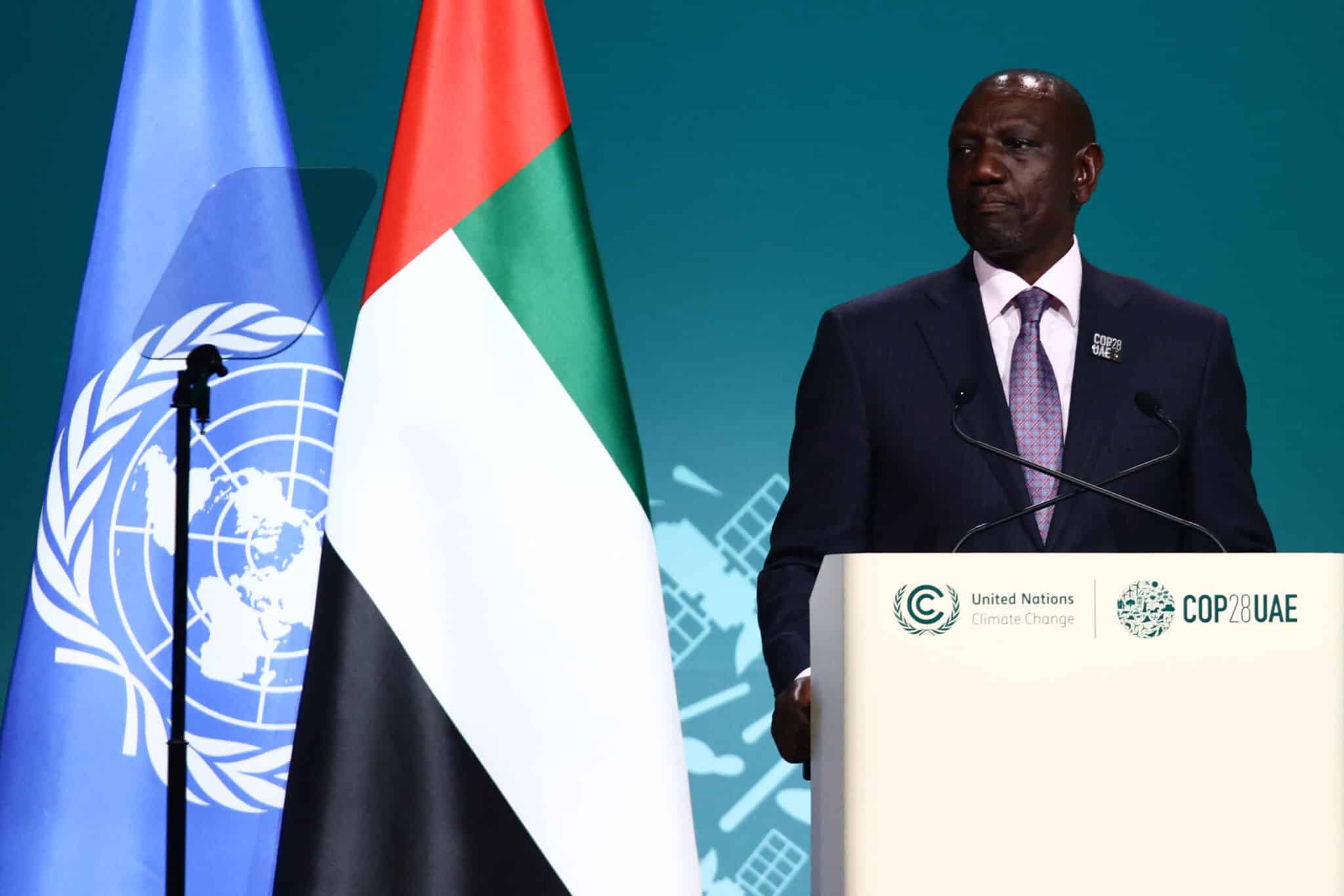
Kenya may revive certain abandoned tax schemes, raising the possibility of further upheaval
The finance minister stated that there is a greater chance of disturbance since Kenya’s government will have to reinstate some tax policies that it removed following the June protests that left many dead.
During a Sunday night interview with Citizen TV, John Mbadi stated that while some of the measures will be modified and others would not be reinstated, they were necessary to cover costs, such as teacher salaries.
Several participants in the youth-led protest movement that shook the country of East Africa declared they were prepared to return to the streets following the minister’s declaration.
“I thought I would take a month off from social media, but it seems like I never have time to relax,” Hanifa, who goes by one name, posted on X.
The battle rages on. “I dare you, @WilliamsRuto, to bring back the finance bill,” she continued.
On June 26, President William Ruto bowed to pressure from protestors who had stormed parliament and started protests around the nation and abandoned the financial plan for this fiscal year. He later dismissed the majority of his government.
The law included additional taxes and rises totaling 346 billion shillings ($2.70 billion), provisions that the demonstrators claimed would put further strain on a populace already grappling with skyrocketing living expenses.
In his initial public statements after taking office on August 4, Mbadi—who was elevated to the cabinet from the opposition benches as Ruto attempted to maintain his government—had ruled out additional tax increases.
During the Sunday interview, he stated that the administration intended to reinstate what he referred to as a “eco-levy” on the majority of items; but, plans to charge necessities like sanitary pads, which served as a focal point for demonstrators’ ire, would be abandoned.
He informed the private broadcaster, “We would target those areas that do not affect the average citizen” for the eco-levy. According to Mbadi, the measures would be presented to parliament by September 30 and were required to pay for newly incurred government expenses.
The administration is wedged between lenders like the IMF, who want to see deficits reduced in order to secure further funding, and the demands of hard-pressed residents.
Following the bill’s withdrawal, the administration increased the deficit in the budget and reduced spending.
Requests for comment on the interview from Reuters were not answered by Mbadi or the finance ministry.
Citizen TV said that the new measures would generate 150 billion shillings. The minister disregarded complaints made about the tax by companies doing business in Kenya.
“This nation is not a disposal zone. He declared, “You have to pay to make up for the harm you have caused if you harm the environment.”
Mbadi said the station that the government was attempting to reinstate 49 provisions from the original draft, some of which were designed to simplify legislation without adding or increasing taxes.
(128.2500 Kenyan shillings = $1)
All Categories
Recent Posts
Tags
+13162306000
zoneyetu@yahoo.com



